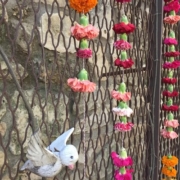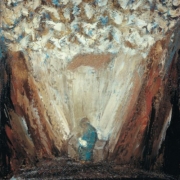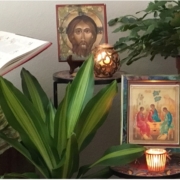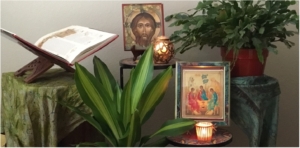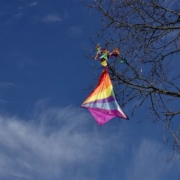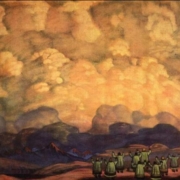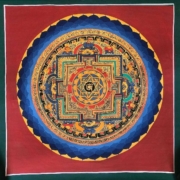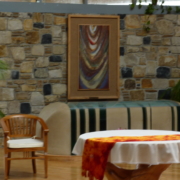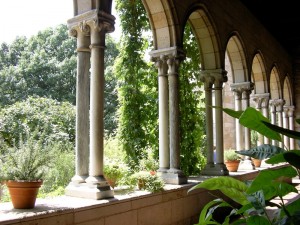January e-bulletin
“Live that prayer, let it live you … so that your deepest purpose in life is more accessible to you in every breath, in every movement, and in every ordinary failure and forgetting. I constantly forget my heart intention practice, but the grace and the beauty and the gift of it is that I can always come back. I can always let the prayer come back to me. ‘Lord Jesus Christ, have mercy on us. Son of God, amen.’ I can always let a new discovery arise in me of the oneness and the love that unites all of created life beneath it, all the turmoil and the politicization and the conflict. Life is radiating love in being. That can come back to me out of the gift of oneness in an encounter with another person. And I can always let the mantra, the resonant energy of life resound in my heart, in my mind, ‘Yeshua Maranatha Hesed Amen‘.”
– David Frenette
excerpted from a self-guided e-course about the Heart Intention practice

Q: Our group has been doing a contemplative walk before meetings.
Do you have any information about this practice?
A: Read Leslee’s response here.
+++
You can read the complete e-bulletin at https://mailchi.mp/coutreach/2024-january-e-bulletin?e=9aa0837e74

